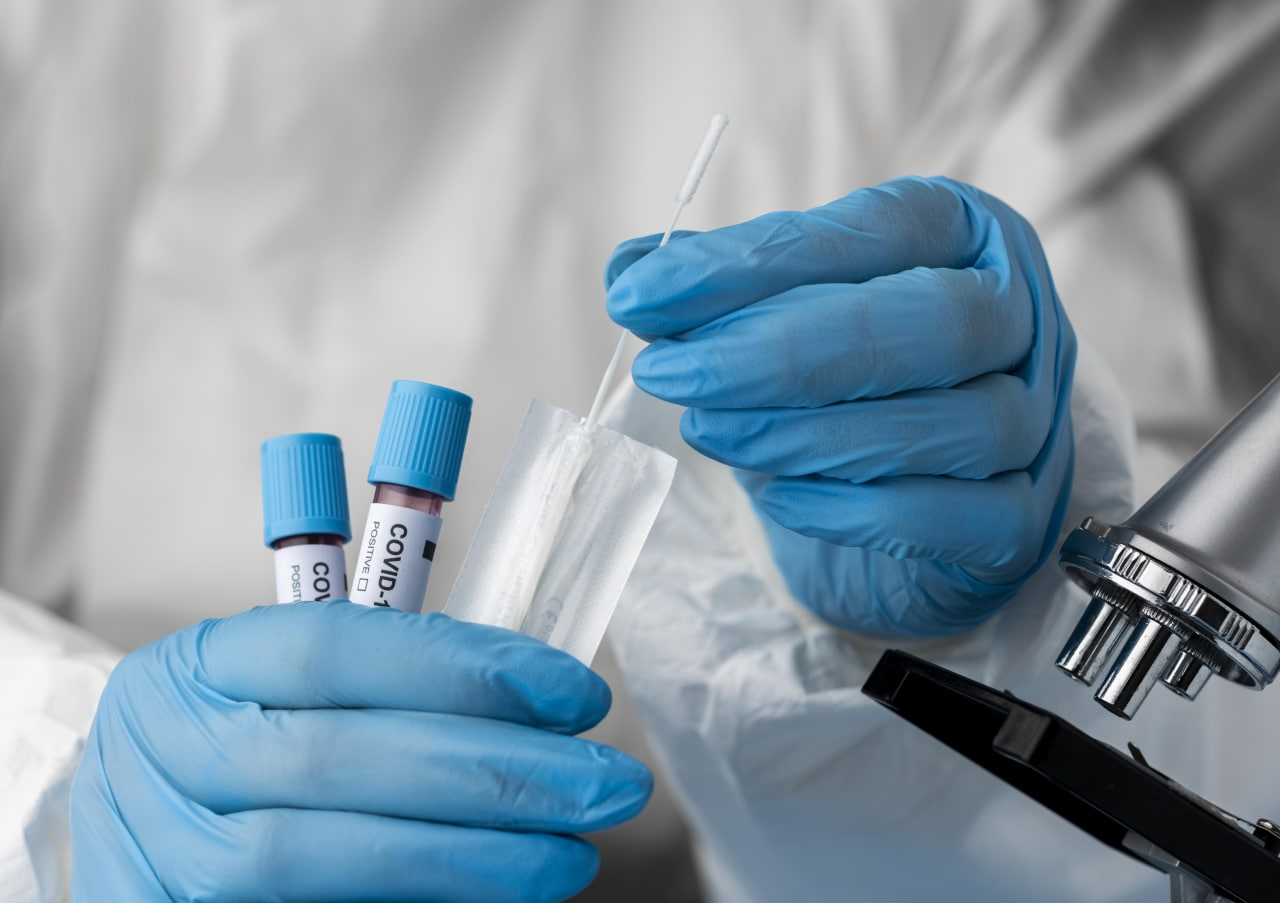Recently one of the most discussed topics is the new SARS-CoV-2 strain, which was first detected in India and named the Delta variant, or the "Indian strain" of the coronavirus. Each new strain detection leads to panic inevitably. How much more dangerous is it than the previous strains? Will vaccines be effective against it? How many more new variants of the virus will emerge, and will it ever come to an end? Let's set panic aside and focus on pure facts to get to the bottom.
Anxiety caused
Thanks to the media, many people are aware of the "British", "Brazilian", "African" and "Indian" COVID-19 strains. However in fact, there are much more variants, eleven in total. WHO divides them into two categories: "variants of interest" and "variations of concern". All new strains are initially put into the first category, but when widespread, they automatically turn to “of concern”. That happened to four notorious "geography-based" strains: Alpha (British), Beta (African), Gamma (Brazilian) and Delta (Indian).

The strains of interest are represented by the following: Epsilon (country of discovery - USA), Zeta (Brazil), Eta (several countries), Theta (Philippines), Iota (USA), Kappa (India) and Lambda (Peru). The "Peruvian" Lambda strain has begun being carefully researched ratherrecently - in June 2021, although it was first discovered in October 2020.
Delta strain
Delta or "В.1.617.2" are the names given by official sources. The fact is that the "national" names of the virus variants are considered improper by WHO. Delta was first discovered in December 2020 in India, in April it was classified as "of interest" and on the 11th of May it was transferred to the "of concern" list.
The Delta variant is the most active member of the B.1.617 strains family, which possesses distinctive mutations of the virus L452R, P681R and E484Q, although only the first two of these mutations are inherented by Delta. According to the researchers, the L452R mutation is responsible for increased transmissibility and lower certain monoclonal antibodies and vaccines susceptibility. The second mutation, P681R, streamlines the cell membrane penetration, which means it can also spread from person to person more efficiently.

That is to say, Delta differs from other strains in its faster and more efficient transmission. WHO does not provide quantitative data yet, since more research is required. However there is some good news - WHO experts claim that the vaccines effectiveness and pharmacotherapy for all already known strains is beyond question.
Indian COVID-19 variant features and locations
What are the distinctive symptoms of the "Indian" COVID-19? Natalya Pshenichnaya, Deputy Director for Clinical and Analytical Work of the Central Research Institute of Epidemiology of Rospotrebnadzor, in an interview to RIA Novosti, stated that patients with this strain complained of abdominal pain, nausea and vomiting, joint pain and, in some cases, hearing loss. As we know, the well-known symptoms of COVID-19 are fever, cough, muscle pain, smell and taste loss.
By the middle of June of this year, the strain had been found in 80 countries of the world. In terms of prevalence, it is in third place after the "British" Alpha (this strain has already been detected in 164 countries) and "African" Beta (it was recorded in 115 countries). The "Brazilian" variant (it managed to spread in 60 countries of the world) rounds up the "top" four strains.
Coronavirus in Middle Eastern countries
According to TASS, a sharp increase in the number of people infected with the new Delta variant occurred in Israel, where more than half of the country's population have already been vaccinated against COVID-19, taking into account the fact that vaccination with Pfizer began on December 20, 2020, and more than half of the population are completely vaccinated.
A new report from the department states that the vaccine is only 64% effective in preventing infection of vaccinated citizens, while it was previously believed that protection efficacy was 94%.
According to TASS, the first patients infected with the Delta COVID-19 strain in Lebanon were detected on July 2, 2021. Their number amounted to 210 cases, including all types of the virus. In 8 million Lebanon, the number of vaccinated people has already reached 1 million. Pfizer / BioNtech, AstraZeneca, Sinopharm and Sputnik V vaccines are available in the country.
.jpg)
Saudi Arabia has suspended entry from 4 countries: the United Arab Emirates, Ethiopia, Vietnam and Afghanistan amid the spread of new strains of coronavirus infection.
Almost simultaneously with Israel, the data on the Delta COVID-19 infection emerging in Оthe United Arab Emirates (UAE) were published. Other variants, alpha and beta, were also detected. The UAE's national vaccination program has reached 71% of the population. Thus far, the UAE has used 15 million vaccines, which makes the country one of the world leaders in the vaccination distribution among the population.
The data on the Delta strain detection in Kuwait was published on June 14, 2021. Currently 16,139 COVID-19 patients are undergoing treatment, 172 of those are receiving medical care in intensive care units.
There is no data on the Delta strain of coronavirus infection in Egypt, Jordan, Syria.
Facts and risks
The Lancet published a large-scale study, which involved more than 20 thousand infected patients. The study showed that the Delta strain affects younger patients and compared to those with the Alpha strain, they are twice more likely to go to the hospital. The Delta strain affects children aged 5-9 years most often. Patients with five or more comorbidities are particularly at increased risk of hospitalization. And although the risk of infection and hospitalization is lower when using Oxford-AstraZeneca and Pfizer-BioNTech vaccines, the vaccines are not as effective as against the "British" strain.
Nevertheless the history of COVID-19 mutations is unlikely to end at Delta. WHO has already published a new report that features the Delta + strain detected in India and some Asian countries. It remains to wait for new researches and publications to understand how dangerous the "improved" Delta version will prove.







